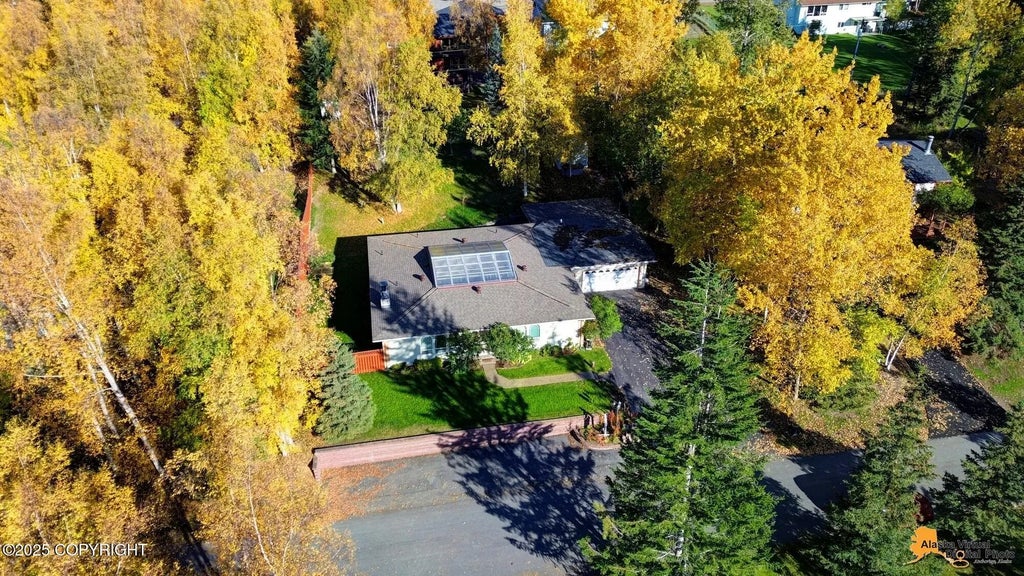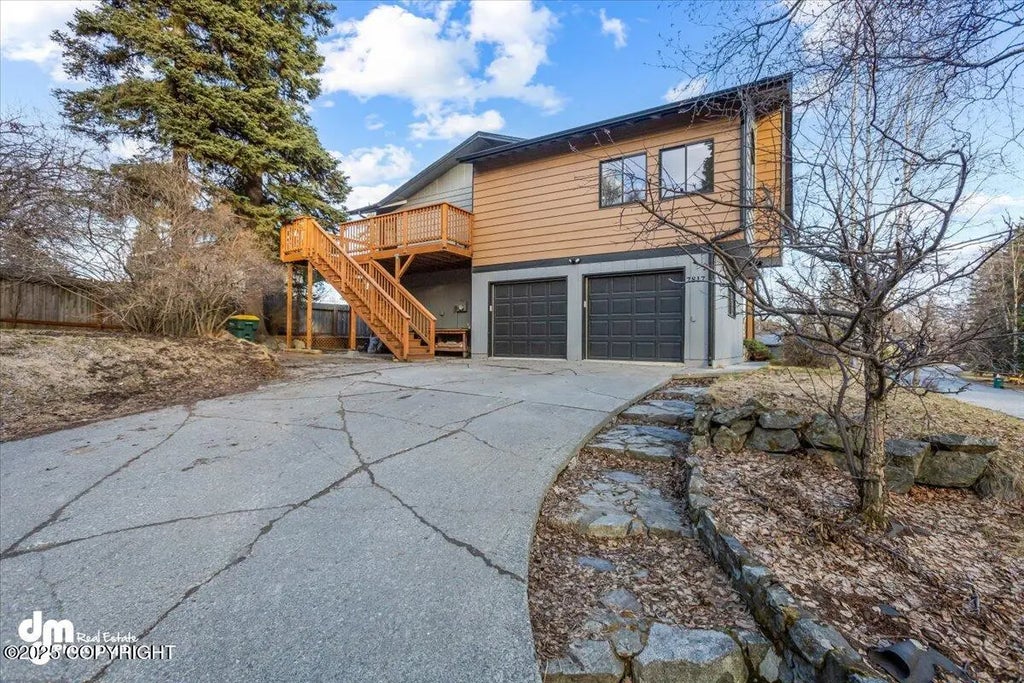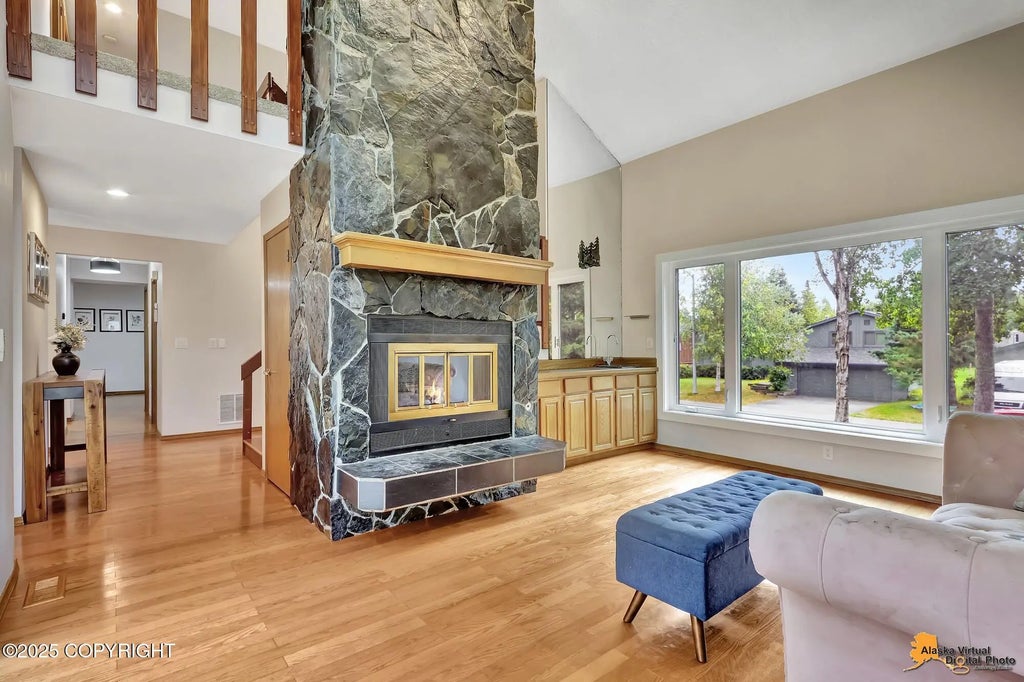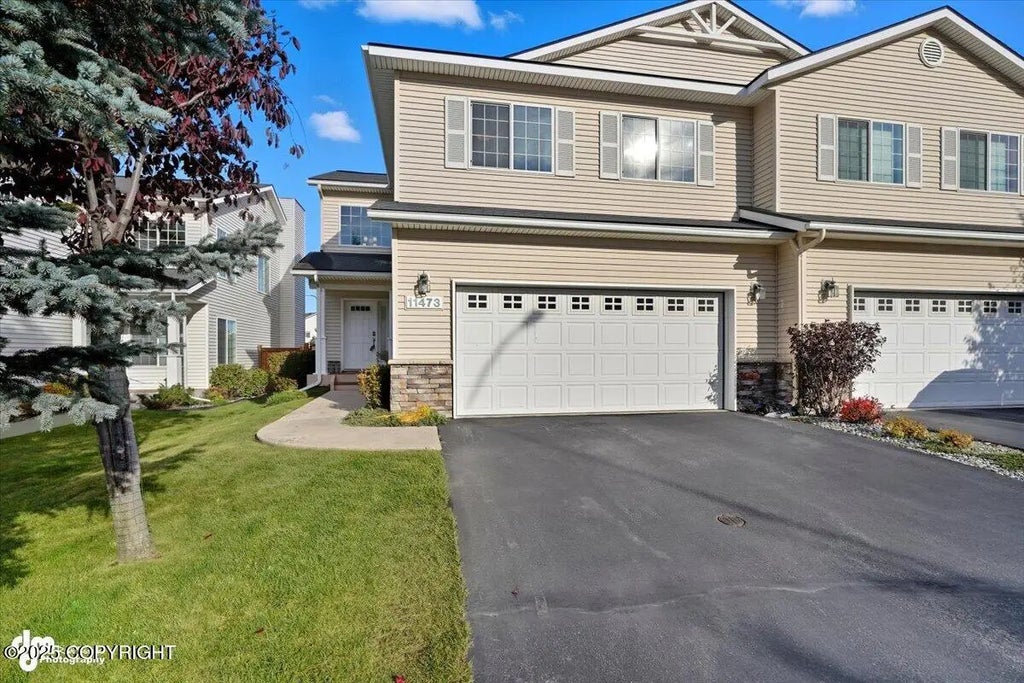.jpg)
Common Buyer Expenses When Buying a Home
Buying a home can be a big undertaking, whether it's your first time or your hundredth time. No matter how many times you’ve been through the process, it's great to know when it will cost you money and how much. There are a lot of things that come up during a home purchase. Different loan types and lenders have different fees, however there are also consistent buyers costs in most transactions. In this article, we want to share those with you so that you can be prepared.
Pre-qualification
Unless you are paying cash for our home and you do not need to finance it, then you need to get prequalified. This is the process of talking to a home mortgage lender and working with them to review your financial situation to assess what you can afford. They will want to look at your taxes, income statements, analyze your debt to income ratio and other items.
The benefit of doing this before looking at homes is priceless. Not only do you get a realistic idea of how much home you can afford, but you also get to identify which loan type you will be using, down payment, and monthly payment options for that loan. The lender will also explain the closing costs that can be up to an additional 3% of the loan due at closing. Once you have a loan type and pre-qualification amount, I recommend getting an estimated cost sheet from your lender that outlines all costs and expenses.
Earnest Money
Once you work with your agent in selecting homes and decide to write an offer, you will submit that offer with earnest money. This is the first time that it costs the buyer money. Traditionally, the earnest money equates to 1% of the list price of the home and is held at the real estate brokerage or title company. This may differ depending on your state or city.
Earnest money is money submitted with the offer and represents the buyers good faith to buy the home. It lets the seller know you are serious about moving forward with the purchase, and that you have money on the line. Most of the time, this money is refundable per contract through the due diligence period of the purchase. However, if the buyer backs out in bad faith the seller, in some situations, can keep this money. At the end of the transaction, the earnest money is credited toward down payments and closing costs.
Home Inspection
Most of the time, the home inspection is a buyer’s expense during the transaction. It usually takes place immediately after the buyer and seller agree to terms in the initial purchase and sale agreement (the contract/offer in purchasing a home). This cost can vary based on size, age, and type of property. However, I typically see inspections cost between $250 - $500 here in the Anchorage area.
Some people opt not to purchase a home inspection, which I highly discourage. Home inspections give you certainty about the home’s physical state and will allow you to negotiate for repairs. Without knowledge of potentially hazardous issues with the home, you take full responsibility of those issues and have no recourse against the seller after the sale.
Re-Inspection
After the home inspection is completed, the buyer and seller will negotiate which repairs will be completed before the purchase closes. After the repairs are done, the buyer has the option to have the home re-inspected by the same home inspector to ensure the repairs were done according to code. Locally, this cost is typically around $75 - $150. This cost is optional, but again it is highly recommended. Occasionally, many sellers try to get the most money out of their home, and try to do some repairs themselves. As a result, the repairs aren't done correctly which can extend out the closing date and potentially costs more money. Working with a professional will save tons of heartache and potential money in the future and worth every penny.
Closing
Once all contract obligations have been met it’s time to go to the closing table. At the closing table, you will sign all the needed documents for the property, title work, and loan. The title company will also collect all the funds needed to close. These include but aren't limited to the down payment and closing fees. Within three to five business days of closing, you should have an outlined settlement statement from the title company. This statement creates a line item for every expense and identifies the total amount you must bring to the table, if any.
These are the typical expenses in a real estate transaction, however each situation can be different.
If you have any questions about what it may cost you, what lender to use, or anything else you can always reach out to me directly at matthew@precisionhomegroup.com or 907-302-1011.
Precision Home Group is based in Anchorage, and provides real estate services to Southcentral Alaska. We will keep you informed on currents trends and market dynamics to help you make the best informed decision. If you are interested in purchasing a home, get in touch with our experienced real estate agents! Our team of experts will negotiate great deals for your home and help you navigate the buying or selling process every step of the way. If you are looking to get into a property that makes sense, or need help analyzing a potential property, reach our at 907-302-1011 or email at matthew@precisionhomegroup.com.








Leave A Comment